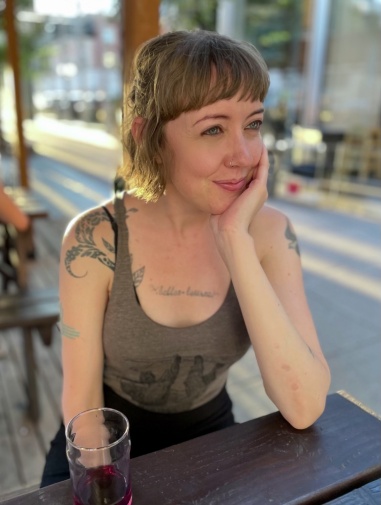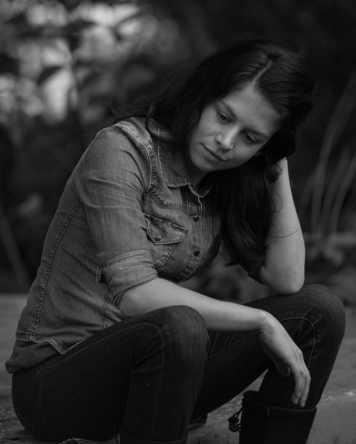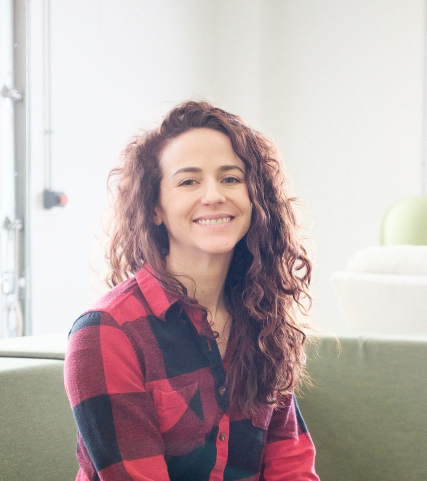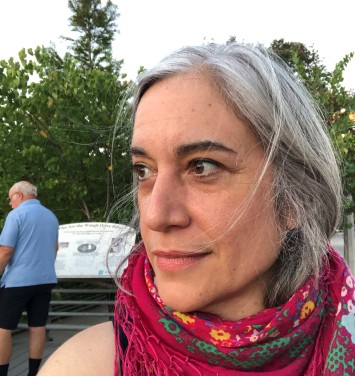Three days after Eli stopped living, Talia saw him in a dream, wearing his old black hoodie and jeans and Converse sneakers, walking slowly toward her through the glass graveyard along the Rio Grande Bosque with a sea of shattered glass glinting at his feet, like Jesus walking on water. She wanted him to tell her to not be afraid, but he said nothing, his eyes fixed on the horizon, unaware of—or indifferent to—her presence.
As teenagers, she and Eli would get stoned there, wandering through the acres of dirt-encrusted glass to unearth old medicine bottles that survived the decades and weather and wildlife. It was a century-old landfill, but “graveyard” suited it better. Where glass goes to die, serene in its brokenness. There was a holiness to it, the garbage made beautiful in that fleeting golden light.
It was monsoon season, when the desert came alive from the violence of extreme heat, downburst winds, lightning, thunderstorms, flash floods. When she woke from her nap, she waited till the afternoon downpour subsided before driving to the South Valley. In the glass graveyard, the air bloomed, breathing out the fresh memory of rain-soaked earth—the scent of thirst quenched, dryness replenished, pungent with resinous creosote displaced by heavy droplets.
And she saw that, no, Eli was not there, of course, he was still dead, her brother as ephemeral as the petrichor that emanated from the soil, and Talia was alone, kneeling in the glass shards, dull now in the fading light of dusk, her hands burrowing in the ground like she might find his bones there among the weeds and broken bottles.

Jessie Carver is a queer writer and editor who grew up on a farm in the borderlands of New Mexico. Her short stories and poems have appeared in journals that include Entropy, Barren, The Normal School, HAD, and Watershed Review, and in the anthology Love Is the Drug & Other Dark Poems. She also co-authored the book Rethinking Paper & Ink: The Sustainable Publishing Revolution. You can find her online at www.jessiecarver.com.
_____________
Jessie Carver is a queer writer and editor who grew up on a farm in the borderlands of New Mexico. Her short stories and poems have appeared in journals that include Entropy, Barren, The Normal School, HAD, and Watershed Review, and in the anthology Love Is the Drug & Other Dark Poems. She also co-authored the book Rethinking Paper & Ink: The Sustainable Publishing Revolution. You can find her online at www.jessiecarver.com.


